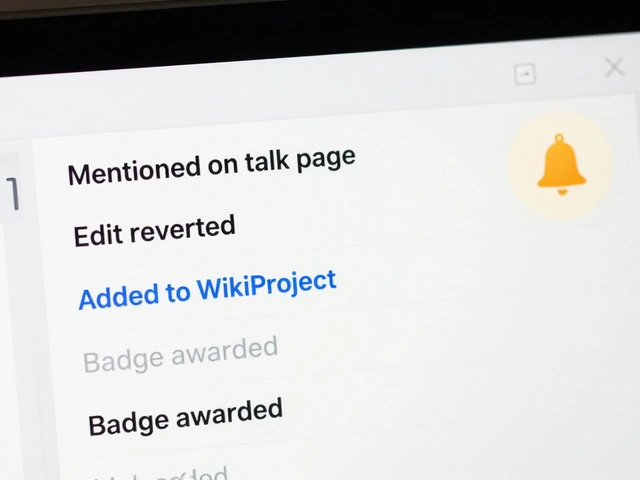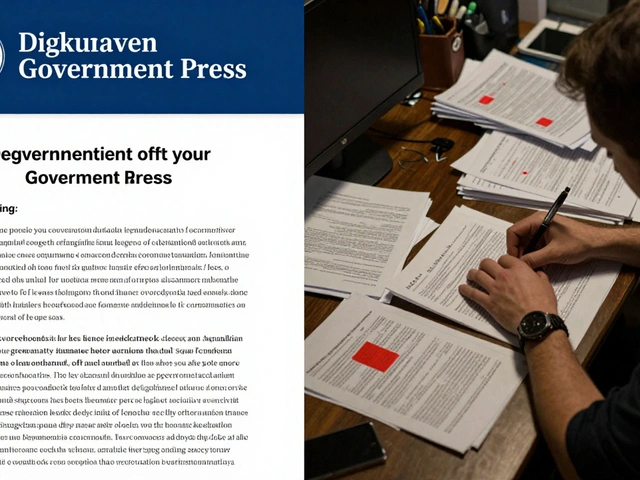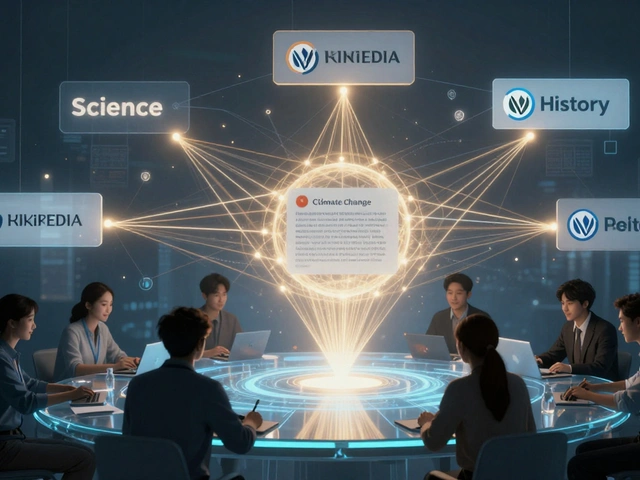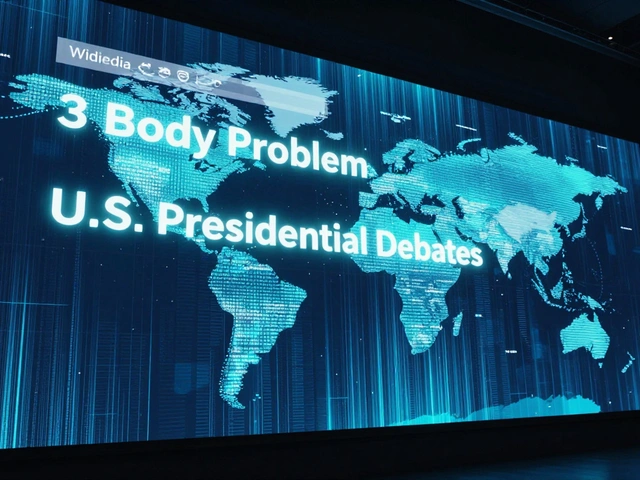Diversity Hiring on Wikipedia: Who Gets to Shape the World's Knowledge?
When people talk about diversity hiring, the intentional effort to bring in people from underrepresented backgrounds into organizations. Also known as inclusive recruitment, it usually refers to companies hiring for equity. But on Wikipedia, there are no HR departments, no job postings—yet diversity hiring is still the most urgent question the platform faces. Who gets to edit? Who gets ignored? Who decides what counts as "notable"? These aren’t theoretical debates. They’re daily decisions that shape what billions of people believe is true.
The Wikipedia editors, volunteers who create and maintain Wikipedia content. Also known as Wikipedians, they are the backbone of the platform. Studies show most are men, mostly from North America and Europe, mostly over 30. That’s not a coincidence. It’s a system. When your editors come from a narrow slice of the world, the knowledge they build reflects that. African languages barely have a presence. Indigenous histories vanish because no one from those communities has the time, tools, or trust to add them. The Wikimedia Foundation, the nonprofit that supports Wikipedia’s infrastructure and funding. Also known as Wikimedia org, it runs the site but doesn’t control the content. can fund projects, run grants, and push for better tools—but it can’t force someone to edit. That’s up to communities. And communities don’t grow if people don’t feel welcome.
That’s why diversity hiring on Wikipedia isn’t about hiring at all. It’s about removing barriers. It’s about making it easier for a high school student in Lagos to cite local news. It’s about giving a grandmother in rural India the confidence to fix a biased paragraph about her culture. It’s about trusting a non-binary editor in Manila to rewrite a gendered description of a historical figure. The inclusion in open knowledge, the practice of ensuring all voices can contribute to freely accessible information systems. isn’t a nice-to-have. It’s the only way Wikipedia stops being a mirror of privilege and becomes a true record of humanity.
You won’t find a diversity hiring team at Wikipedia. But you will find the results of their absence—in missing articles, skewed perspectives, and silent communities. The posts below show how this plays out: in the fight over who gets to be a bureaucrat, in the slow growth of African language Wikipedias, in the rise of student editors from underrepresented schools, and in the quiet battles to get local news sources accepted. This isn’t about quotas. It’s about who gets to write the next sentence of history—and whether it’s written by someone who lived it.
How the Wikimedia Foundation Is Meeting Its Hiring and Diversity Goals
The Wikimedia Foundation is transforming its hiring practices to build a diverse, globally representative team that reflects Wikipedia’s worldwide users - with measurable results and real impact on content.





